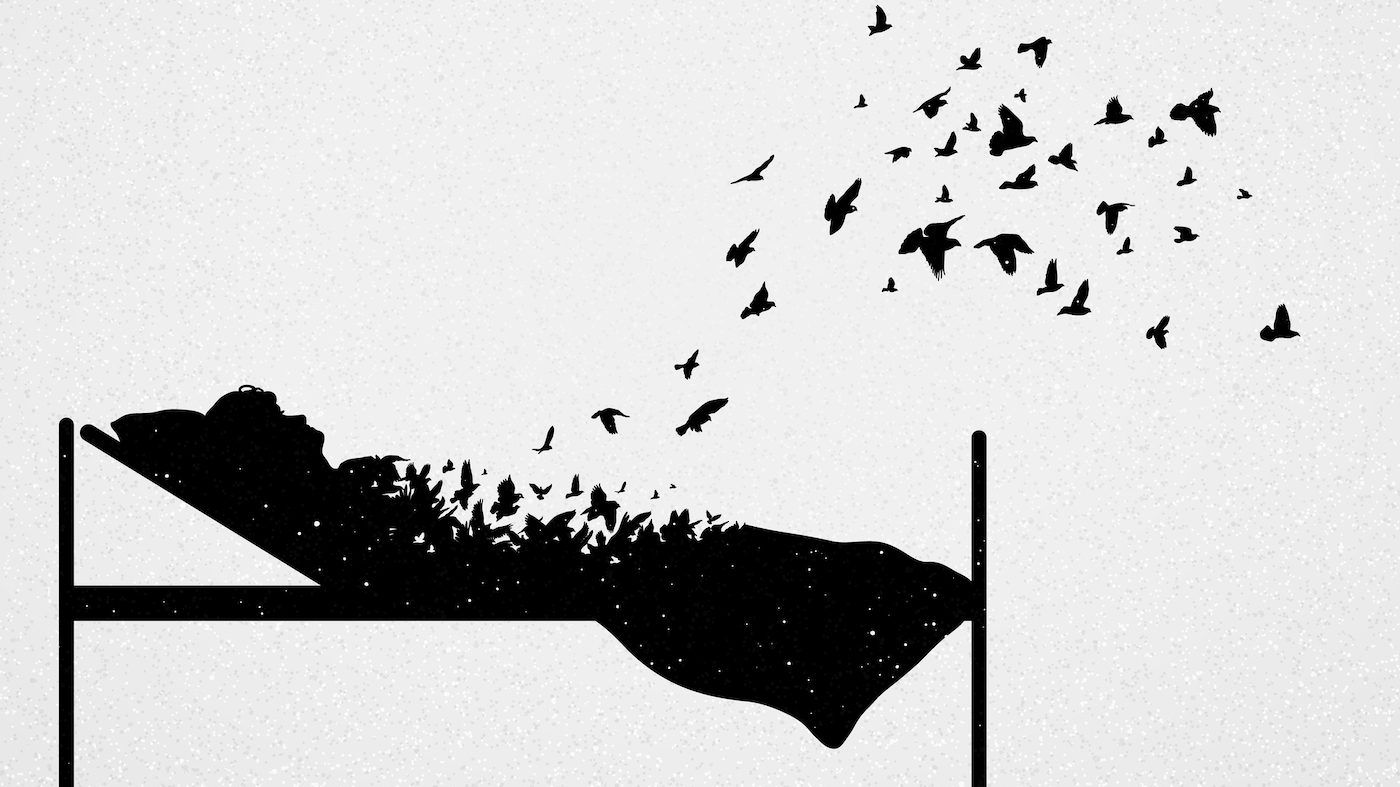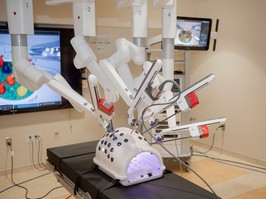the grim reason there are more livers for transplants: opioid deaths
the number of livers available for transplant remained high during the pandemic, even as surgeries were postponed.
how a stem cell transplant cured multiple sclerosis
a chance meeting with a man in a wheelchair led brooke robinson to a clinical trial that was using stem cells to treat multiple sclerosis: 'he saved my life.'
organ transplants from pigs: medical miracle or pandemic in the making?
xenotransplantation is the transplanting of cells, tissues or organs from animals to humans. pre-clinical trials of organ transplant from pigs have addressed some of the technical barriers.
 3 minute read
3 minute read










